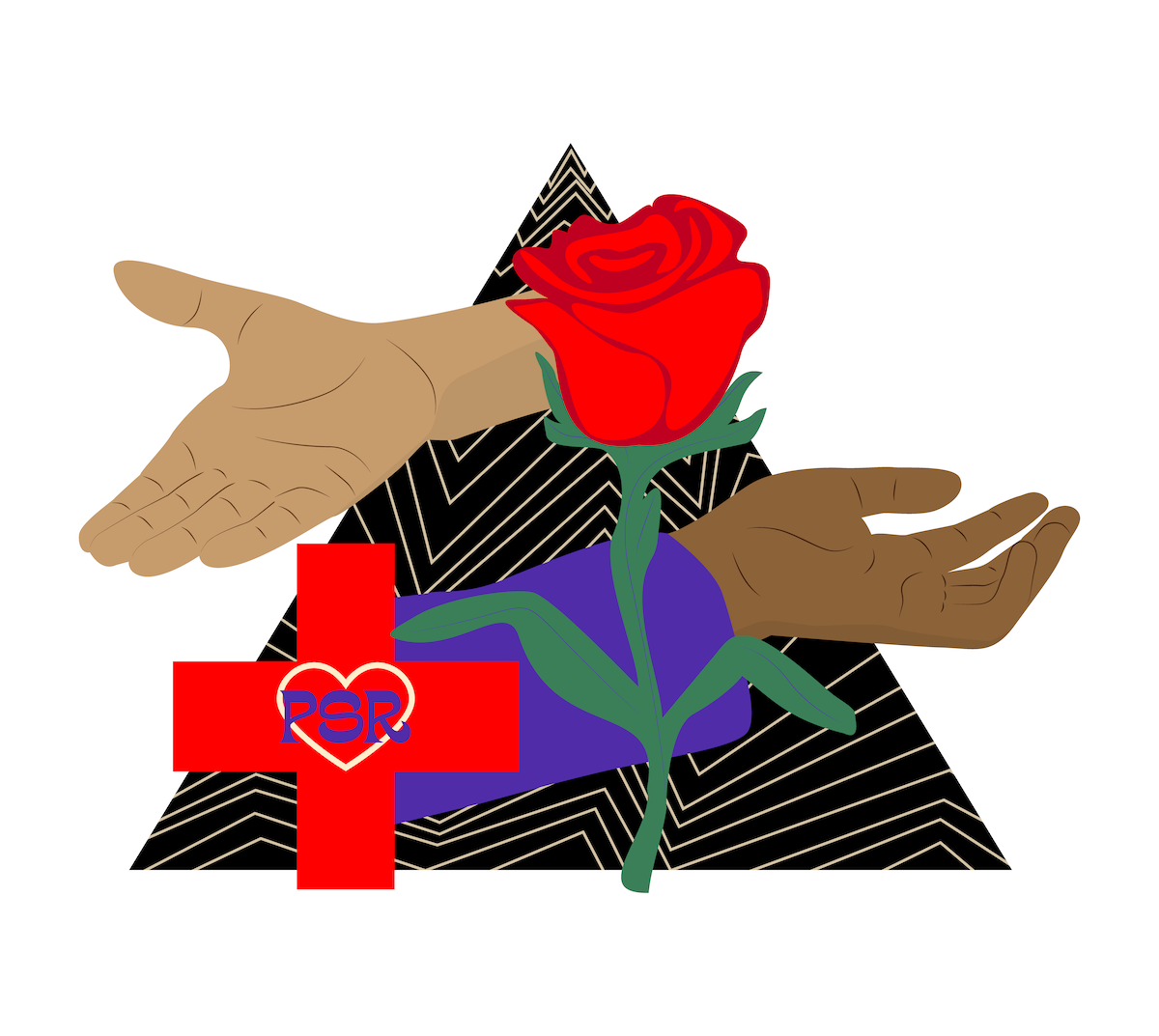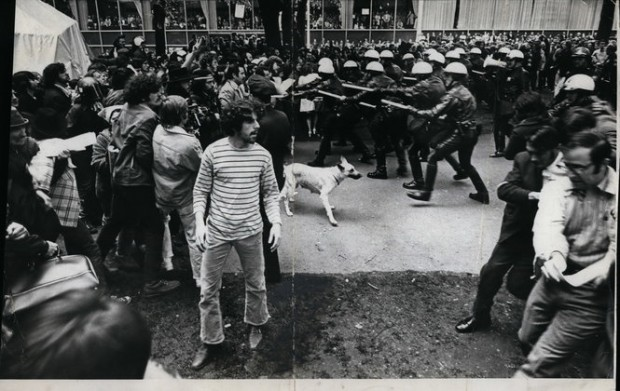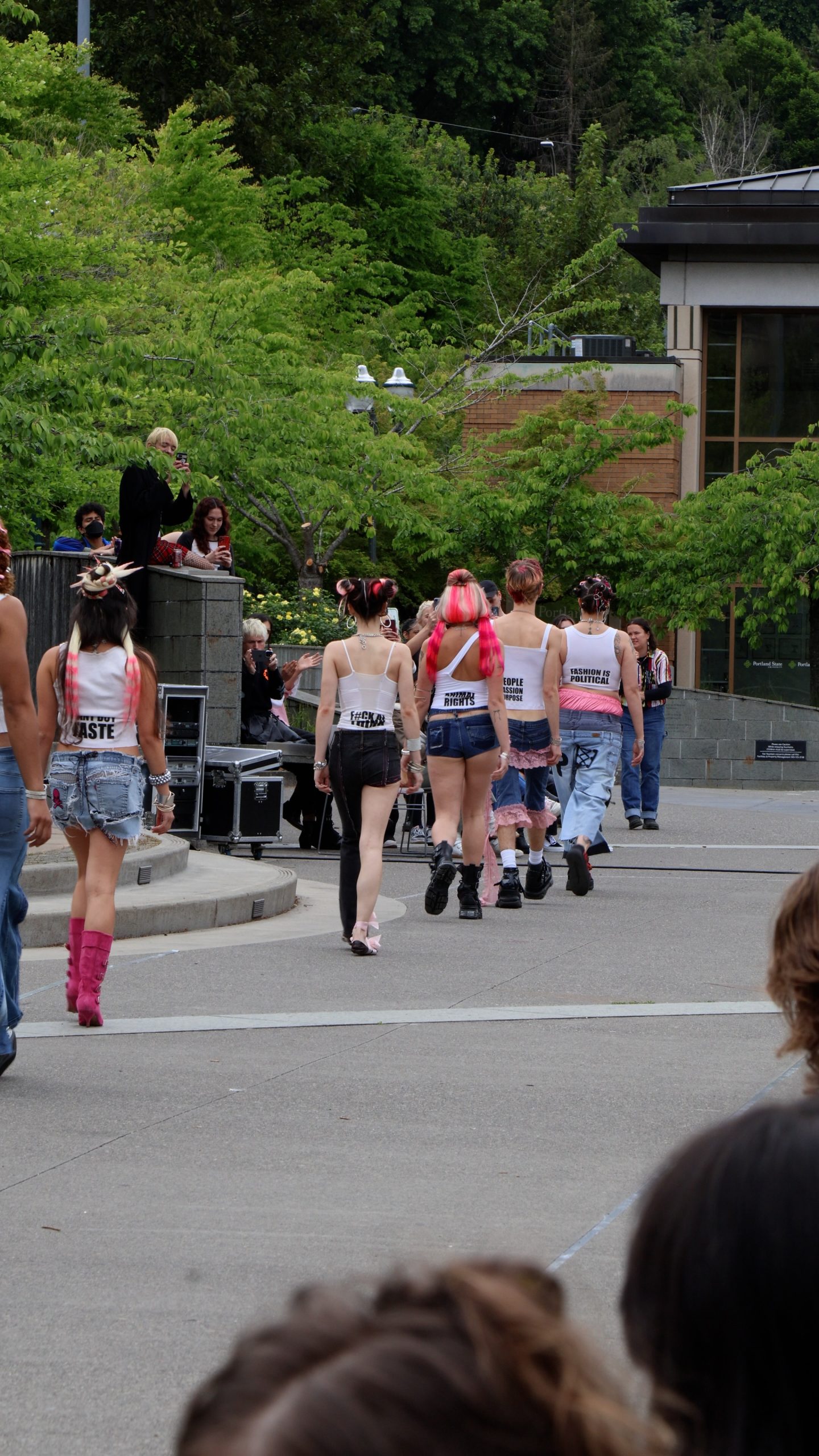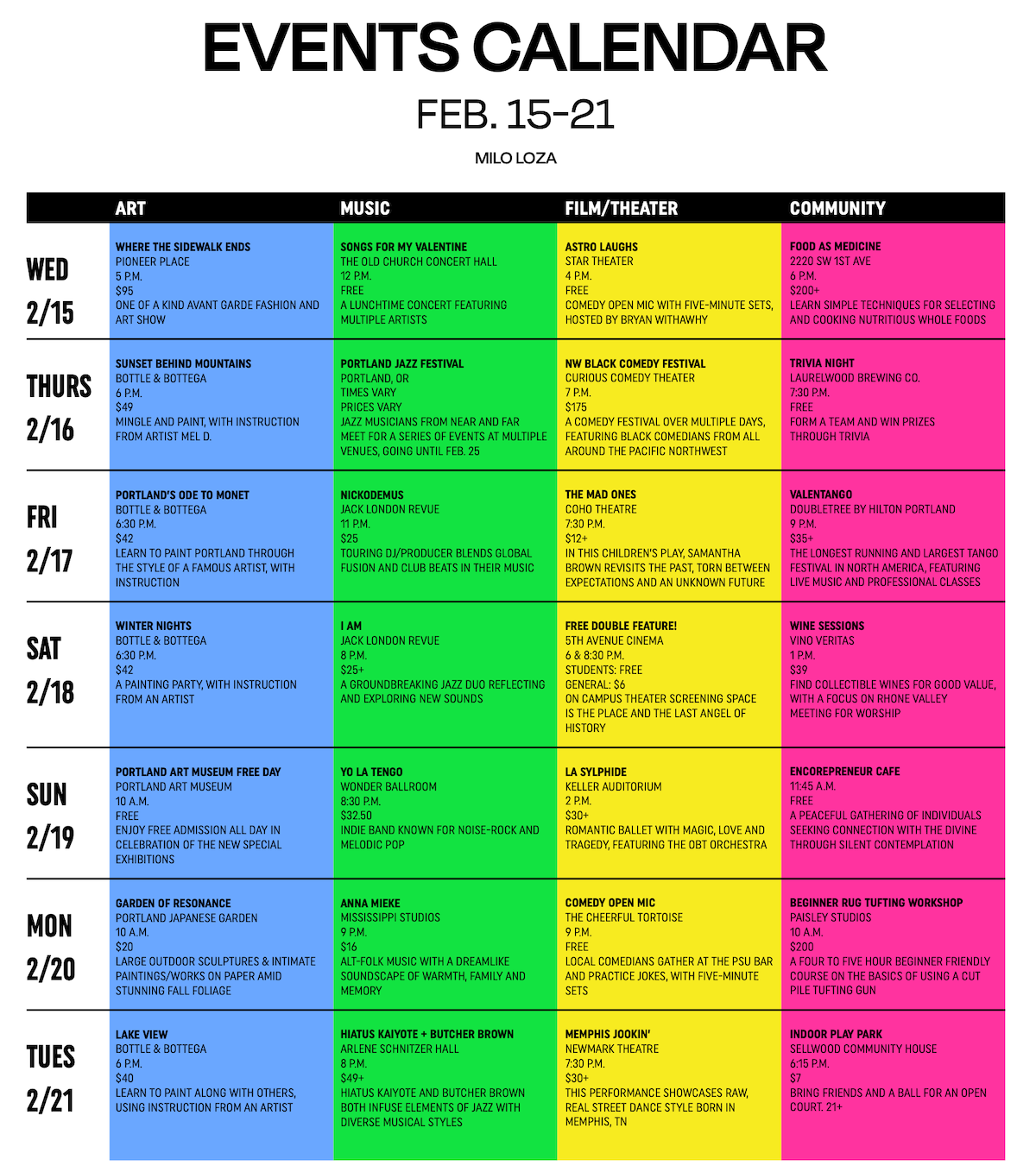Portland Street Response (PSR) was introduced on Feb. 16, 2021 as a new branch of Portland Fire and Rescue to mitigate mental and behavioral crises. By Nov. 4, 2021 PSR was expanded to the entirety of the Portland Police Bureau (PPB) and given a team body consisting of firefighter paramedics, a licensed mental health responder, community health workers, an EMT and peer support specialists.
The two available PSR teams are dispatched by the Bureau of Emergency Communications when a caller reports a non-violent crisis concerning mental health, substance abuse or verbal outbursts. People who are outside and available to help address the crisis in a helpful and timely manner could also be called on.
This month, PSR released its one-year evaluation of the response program. PSR recommended the program continue expanding ample support for the team to provide education for the community, to address communication concerns between 911 operations and the PSR team and to improve team culture, racial equity and community inclusivity.
The creation of PSR was sparked by a report from The Oregonian which stated that 52% of arrests in 2017 were of unhoused people—and that a call to action to prevent this level of arrests was needed. Street Roots, a street advocacy group and newspaper, created a framework for PSR modeled after a similar program called CAHOOTS in Eugene, OR. The program was given the go-ahead by the Portland Police Bureau after receiving support from Commissioner Jo Ann Hardesty during the 2020 George Floyd protests.
Out of 824 calls initially responded to by the PPB and then distributed to the response team, PSR determined they consisted of “84.6% welfare checks, 13.5% unwanted persons calls, and 1.9% that [it was] unable to determine.”
PSR was generally able to respond to these calls within 25 minutes to address the emergency. Only 11% of the PSR responses required a co-response from other first responders to mitigate the situation—meaning PSR was effective in meeting its mission to handle most crises that affect the unhoused population.
PSR reported that “65.1% of client contacts involved someone experiencing homelessness” and that “51.9% of client contacts involved someone with suspected mental health needs.” About “3.2% of all calls were transported to the hospital for additional care.”
PSR clients may receive resources such as food, tents, clothing, water bottles and service recommendations from the PSR team, and PSR reported that nine clients obtained permanent housing due to working with them.
According to the survey, positive first responder experiences helped combat the fact that 54.6% of the Portland unhoused population reported negative first responder experiences in the past three months.
51% reported feeling unsafe to call 911, citing “cops aren’t compassionate.”
“Don’t call police,” stated another response. “It’s hit or miss about whether they even respond. They mistreat people with addiction. It’s an illness and should be treated as such.”
PSR feedback found that unhoused community members who interacted with the program rated it a 4.64 out of 5 on average.
“They treated us like humans,” said one client. “They were friendly and didn’t come in with the attitude.”
Several Portland residents praised the work of PSR, reinforcing the importance of programs that provide alternatives to the police and the value of having experienced mental health professionals approach those who are going through immediate crises.
“It’s very positive for the community,” said a person commenting on PSR. “If you don’t care about society’s most vulnerable, then you don’t care about society.”
An interesting finding was that awareness of PSR among Black unhoused people went from 15.8% awareness after six months to 54.5% awareness by the end of the year. Right now, over a third of the unhoused community members interviewed reported being aware of PSR and knowing the services it provides. Respondents gave positive feedback to the team, especially noting the team’s patience, empathy and intelligence. Most clients appreciated PSR’s determination to provide services that got them back on track with mental health and housing for long-term success by providing follow up check-ins.
“I don’t worry anymore,” said one client. “I can say I need Portland Street Response, and I know it won’t be the police showing up.”
The PSR team does address major concerns with a temporary fix, as that is all it is able to provide in a lot of cases. Lack of availability of shelters, rehabilitation facilities and permanent housing options hinder what the PSR team is able to accomplish, along with having the necessary geographic knowledge on where to check on residents.
“We need to remodel the whole system, and we’re not in that place yet,” said one team member. “So, I think calling us a solution to homelessness is kind of setting us up to fail.”
More information on the Portland Street Response initiatives can be found at portland.gov/streetresponse.






